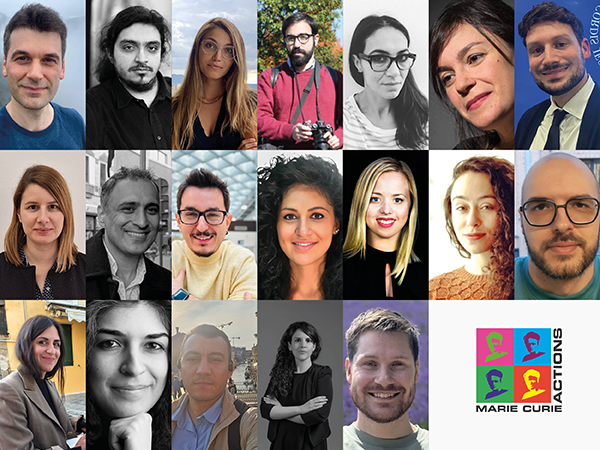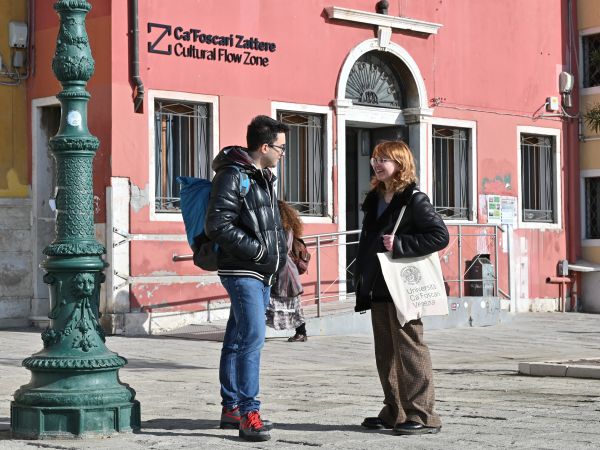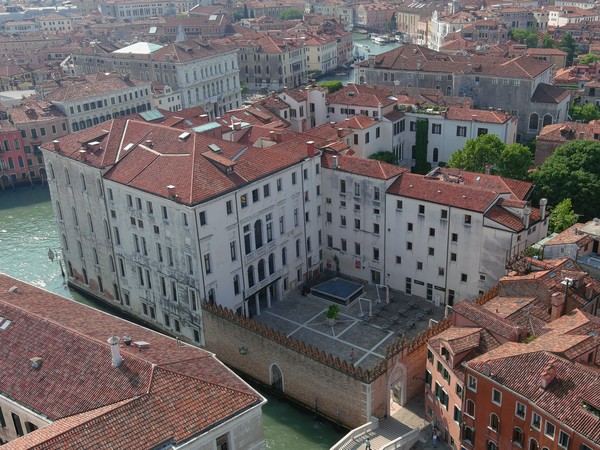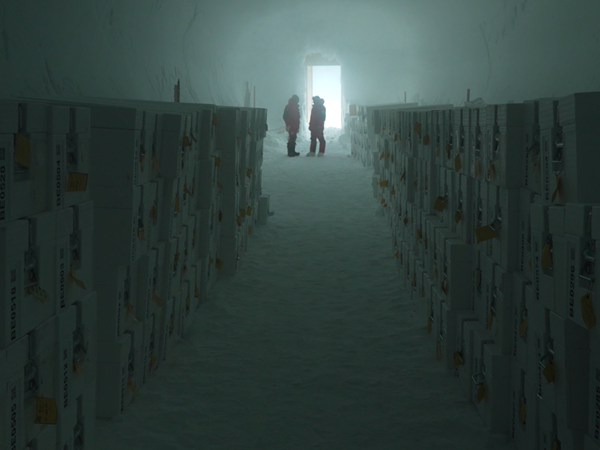Launch of the Mexico Chair with Marta Tawil Kuri: Exploring Politics and Intercultural Dialogue
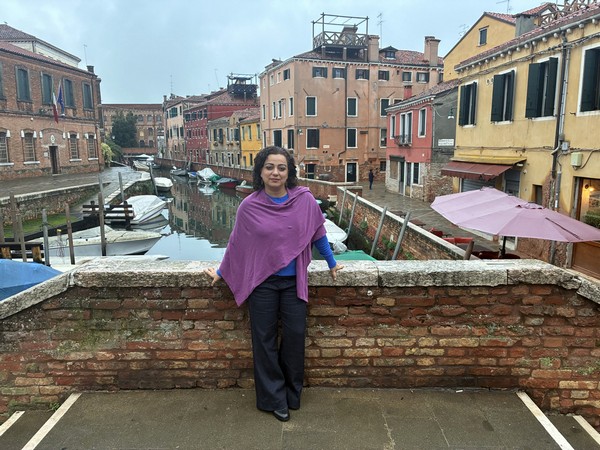
With the arrival of Professor Marta Tawil Kuri, an expert in international relations and lecturer at El Colegio de México (Colmex), the Mexico Chair [ESP] is officially inaugurated — a result of an agreement signed last spring between Ca’ Foscari University of Venice and Colmex, one of Latin America’s most prestigious research centres.
Professor Tawil, a political scientist specialising in Middle Eastern foreign policy, will teach the course International Politics within the Master’s Degree in Comparative International Relations, offering students an original and comparative perspective on how global politics operate.
We met her to discuss this new collaboration and the challenges currently shaping international relations, from strengthening academic ties between Mexico and Italy to the tensions defining today’s Middle Eastern region.
Professor Tawil, welcome to Ca’ Foscari. What topics will your course cover?
In the International Politics course, I have developed a syllabus aimed at encouraging students to ask questions and engage in critical and independent discussions about key issues in international politics. The programme is divided into three sections. The first introduces the main theoretical approaches and various perspectives, both “Western” and “non-Western”, used in the study of international relations, which we will apply to a range of contemporary and historical topics. The second section focuses on peace, war, and security: alliances, (non-)nuclear proliferation and related strategies, and the transformations of multilateralism.
In the final section, we will examine some of the key debates in comparative foreign policy analysis: populism, crises and failures, the influence of the media, and the diplomacy of non-state armed actors.
In your view, what values and principles should underpin effective and enduring international academic collaboration? Additionally, how might Colmex and Ca’ Foscari implement these through practical measures, such as joint research initiatives, student and staff exchanges, or shared thematic seminars?
Undoubtedly, our collaboration should be guided by the principles of fairness, reciprocity, diversity, and sustainable social development.
These values can materialise through concrete actions, such as promoting high standards in research, teaching, and assessment; securing resources for the mobility of students and academic staff; and fostering interdisciplinary research within our centres or departments, also via in-person or virtual seminars that may — at least partly — lead to publications in Spanish, Italian, or English.
I also believe it is very important to have monitoring and evaluation mechanisms, such as regular reports on the activities carried out and their academic and social impact. This will strengthen mutual trust and increase confidence in our academic communities.
What role can universities and research play in fostering a deeper and less polarised understanding of international crises?
I believe that university teaching and research should foster ethical thinking. Their role must be both resilient and actively involved in tackling systemic injustice: universities should not only criticise such situations but also create spaces for genuine dialogue, always encouraging self-critical reflection and avoiding dogmatism.
You are a recognised expert on Middle Eastern foreign policy. How do you interpret the evolution of the Israeli-Palestinian conflict today in light of new global geopolitical balances?
The international system is undergoing a transformation: we are transitioning towards a new world order that remains difficult to define. This reshaping of global power is not only evident in the Middle East, but it also influences the region.
Israel continues to demonstrate that it has the means to maintain military dominance in the region. The Arab countries had already begun distancing themselves from Palestine long before the recent announcement of normalising relations with Israel through the Abraham Accords (2020).
The United Nations primarily serves the interests of its own bureaucracy, and in the Palestinian case, its role is obstructed by the veto power of some Security Council members.
Although the United States’ credibility in the Middle East has been depleted, neither China nor Russia represent a true counterbalance, while Europe lacks political and strategic ambition. This situation does not bode well for the Palestinians.
Ultimately, it will be Israel’s internal situation that shapes the future of the Palestinian issue. Relations between civilians and the military, and particularly developments within the Israeli army, point to a weakening of the bond between state and society.
What are your impressions of Venice and the Ca’ Foscari community?
The city is wonderful, with historical features that make it unique in many ways, not to mention its connection with water, which makes any stay, whether brief or extended, idyllic. Moving from a busy street to a deserted one, finding yourself among dozens of tourists before turning into a quiet alleyway just a few steps later, is a daily and surprising experience.
At Ca’ Foscari, I have been impressed by the community’s capacity to foster critical thinking and collaboration, as well as by the university's blend of academic rigour, human warmth and social commitment. It is a place where you genuinely feel part of a project, part of something greater.
“Professor Tawil’s presence clearly demonstrates the value of establishing this Chair and honours the effort to set it up at Ca’ Foscari,” comments Professor Vanni Pettinà, coordinator of the Mexico Chair. “As this brief interview indicates, Professor Tawil will bring to our institution the scientific rigour that has long distinguished her home institution, El Colegio de México. At the same time, she will offer the Ca’ Foscari community a perspective that, given her background and academic training, will undoubtedly be unique within the Italian academic landscape. I find it particularly significant that Professor Tawil is teaching a course in International Politics on the Master’s Degree in Comparative International Relations (RIC). She also delivered the opening lectio brevis for the RIC, will take part in a panel on Palestine organised by Ca’ Foscari’s Observatory of Politics and International Relations, and in the seminar ‘Fuentes y Métodos para el Estudio de América Latina’, organised by Ca’ Foscari’s Latin American Coordination Group.[ESP]”

